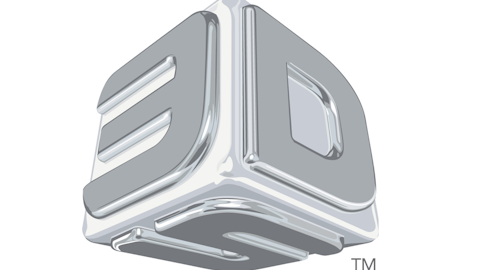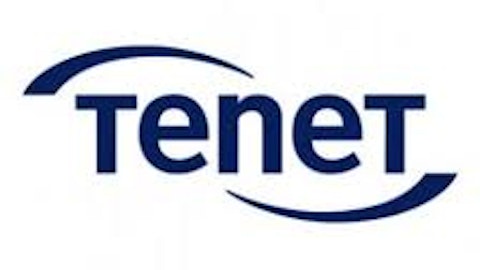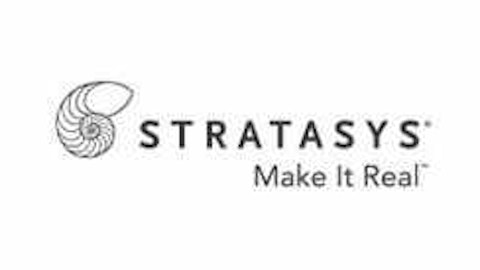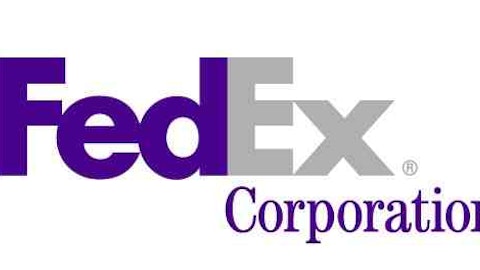The best thing about the stock market is that you can make money in either direction. Historically, stock indexes have tended to trend up over the long term. But when you look at individual stocks, you’ll find plenty that lose money over the long haul. According to hedge fund institution Blackstar Funds, even with dividends included, between 1983 and 2006, 64% of stocks underperformed the Russell 3000, a broad-scope market index.
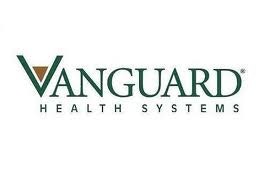
| Company | Short Increase July 15 to July 31 | Short Shares as a % of Float |
|---|---|---|
| Vanguard Health Systems (NYSE:VHS) | 67.7% | 4.8% |
| Realty Income (NYSE:O) | 30.1% | 6.4% |
| United Parcel Service (NYSE:UPS) | 31.7% | 2.2% |
Source: The Wall Street Journal.
A head-scratcher
I freely admit that among hospital and outpatient acute-care operators, Vanguard Health Systems, Inc. (NYSE:VHS) is probably my least favorite. With few differentiating factors between hospitals aside from their forward valuation to earnings and the amount of doubtful revenue collected as compared to total revenue, Vanguard Health Systems, Inc. (NYSE:VHS) appeared to me to be one of the priciest stocks in the hospital industry.
However, that all means diddly squat now with Tenet Healthcare agreeing in June to purchase Vanguard for $1.8 billion, or $21 per share in cash. Had this deal been structured to include Tenet shares as well as cash, I could see why short-sellers would be pressing the issue. But since this deal is being done entirely in cash, unless it were to fall apart due to some form of negligence on either company’s part, then short-sellers are going to lose — albeit not a lot, but they’re going to lose.
If short-sellers really want to take an aggressive angle on this deal, they should be looking at betting against Tenet Healthcare, which is taking on $2.5 billion in Vanguard Health Systems, Inc. (NYSE:VHS)’s net debt with this deal and may struggle to bring in new business if consumers are slow to sign up for health insurance under the Patient Protection and Affordable Care Act, known also as Obamacare. In addition, the rapidly approaching Oct. 1 date, which will see state-run health exchanges open for business compared to the massive technological and educational aspects of the bill that still need to be addressed, could give short-sellers the opportunity they’ve been looking for in the hospital sector with companies like Tenet.
Do you dislike money?
Sometimes the actions of short-sellers boggle my mind. In addition to a big boost of folks betting against Vanguard Health Systems, Inc. (NYSE:VHS), short-sellers were active in building their pessimistic position against commercial real estate investment trust Realty Income Corp (NYSE:O). This REIT, which owns nearly 3,700 properties in all but one U.S. state and leases to almost 200 different corporate entities, recently reported record revenue and insanely high occupancy rates in the second quarter, and should, if anything, be sending short-sellers scurrying back where they came from with their tails tucked between their legs.
For the quarter, Realty Income Corp (NYSE:O) delivered revenue growth of 63% to $184.3 million as normalized funds from operations (the true “profit” of a REIT, and what helps determine its dividend payout) rose 83% to $119.2 million. In addition to making earnings-accretive property acquisitions, Realty Income Corp (NYSE:O) was able to pass along a 1.1% rent increase to its tenants, improve its rental occupancy 90 basis points to 98.2% from 97.3% in the year-ago period, and recently declared its 517th consecutive monthly dividend complete with 64th straight quarterly dividend increase.
